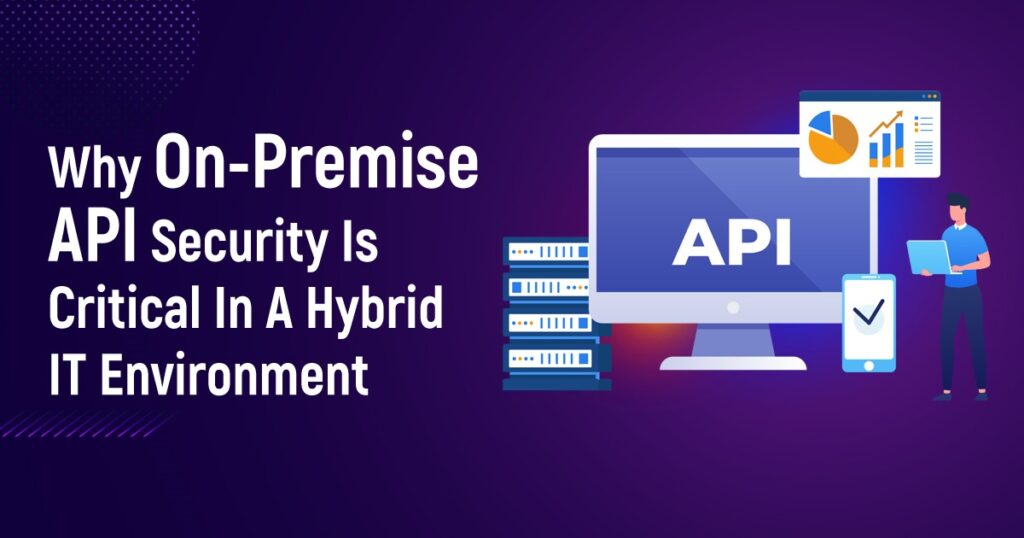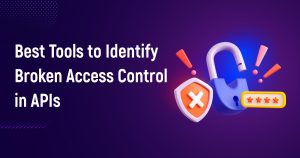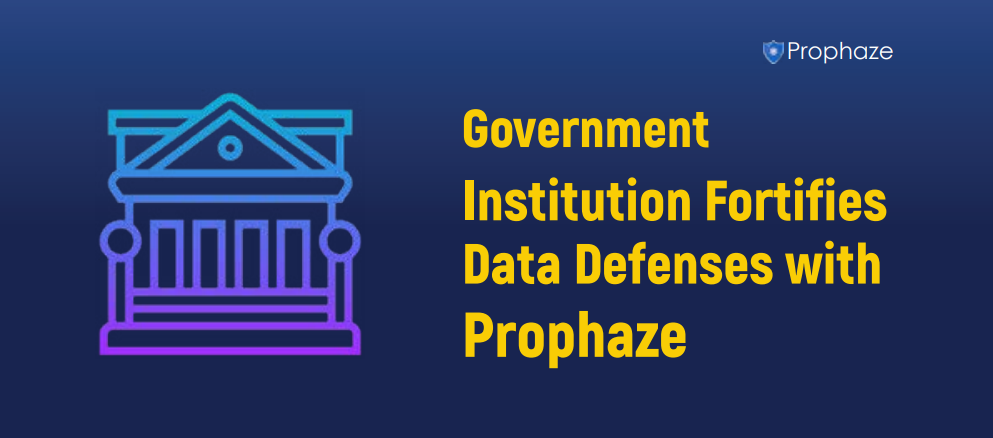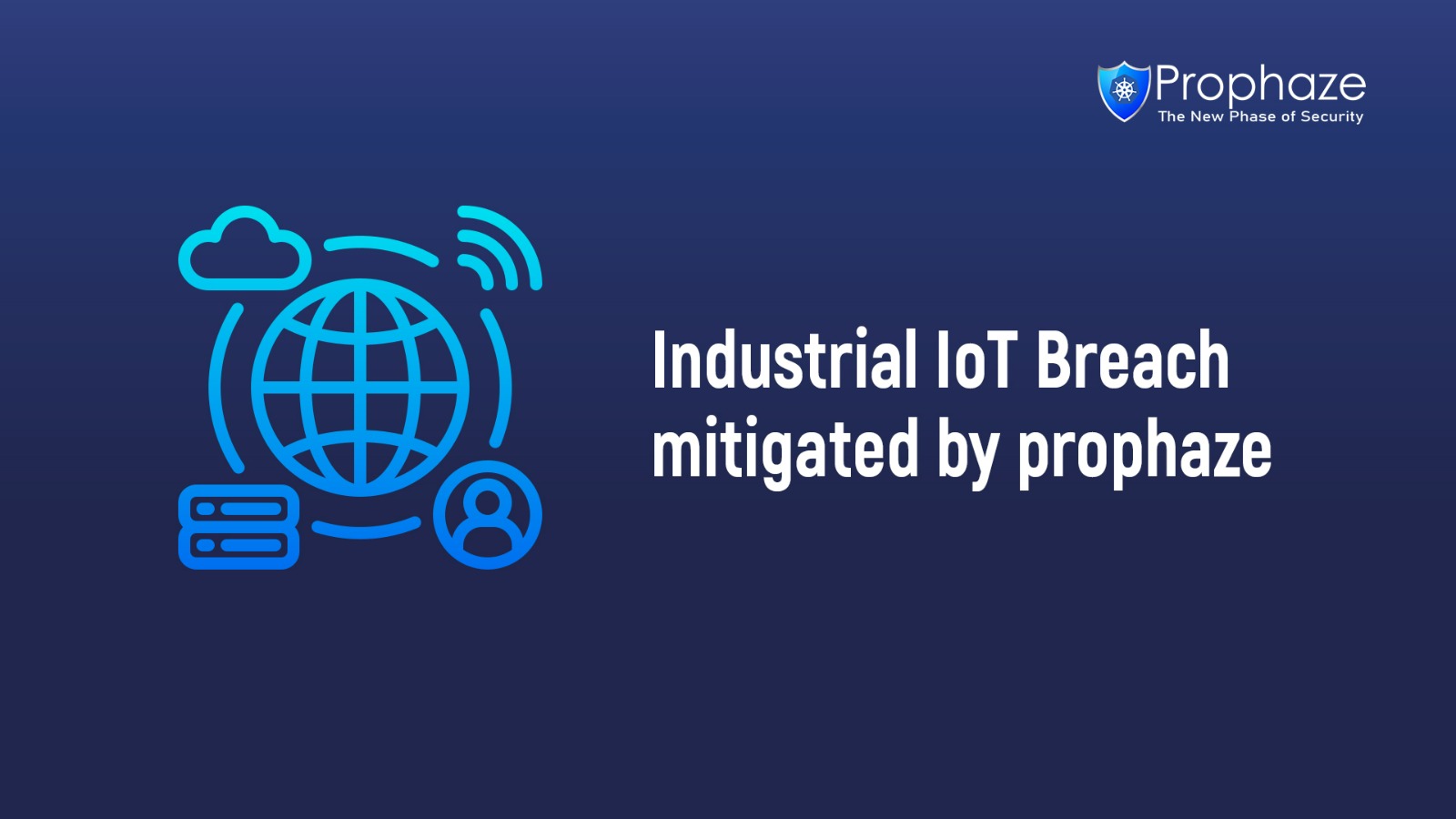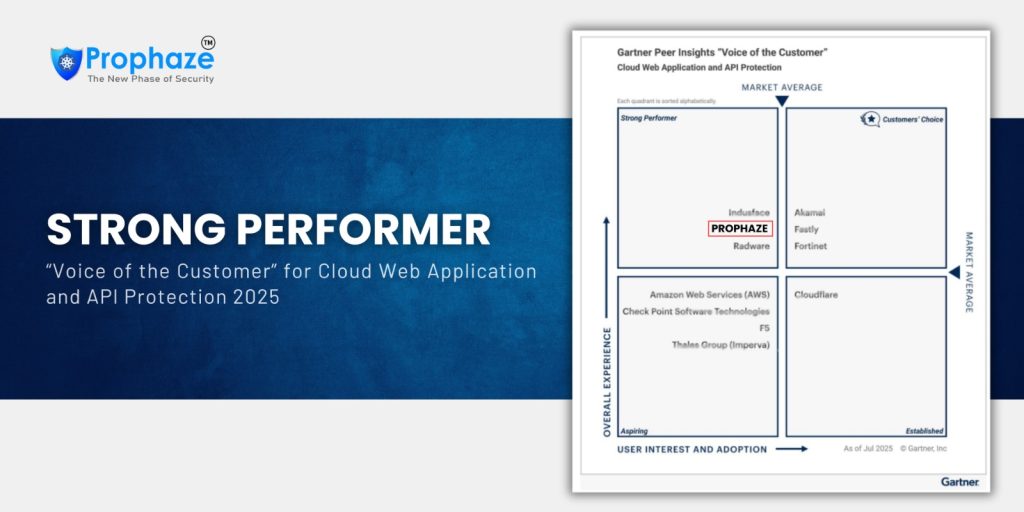APIs are the glue that holds modern applications together. Facilitates smooth communication between systems. Helps ensure that business operations run smoothly. In a hybrid IT environment, on-premise API play a key role in connecting legacy systems. Protect sensitive information and guarantee the continuity of operations. But it also presents unique security challenges that must be addressed immediately.
The Hidden Risks of On-Premise API
As businesses accelerate their digital transformation Many overlook the vulnerabilities that exist in APIs within organizations. This oversight has fueled a dramatic increase in targeted API abuse. This leads to serious consequences such as:
-
Data theft: Exposing sensitive customer and business information.
-
Compliance penalties: Fines for violations of GDPR, HIPAA, or PCI DSS regulations.
-
Reputational damage: Eroding trust among clients and stakeholders.
Consider this scenario: A financial institution integrates an API to link its on-premises ERP system with a cloud-based CRM, using traditional security measures such as a network firewall. This leaves unsecured API endpoints vulnerable. Weeks later, attackers exploited the flaw, resulting in:
-
Unauthorized access to client data.
-
A $3 million fine for GDPR non-compliance.
-
Irreparable harm to the organization’s reputation.
This is not an isolated case. The 2024 API Security Report revealed that:
“79% of organizations cite APIs as a top security concern, only 45% actively monitor them.”
This gap underscores the urgent need for robust on-premise API security strategies.
Why On-Premise API Security Is Essential
Increased reliance on APIs, especially in hybrid IT settings. Complete API security within your organization.
Sensitive Data Lives On-Premises
Industries such as healthcare, finance, and government often store sensitive data on-site to meet regulatory requirements. APIs connecting these systems are prime targets for data interception. Session hijacking and other dangerous activities.
Legacy Systems Are Vulnerable
Legacy systems lack the advanced security features of cloud environments. This makes them a weak link to your IT infrastructure. Increase your chances of being attacked using APIs.
Growing API Dependency
In hybrid IT environments, APIs are the backbone of smooth integration. However, as API usage increases, so do attack costs. This makes comprehensive security essential. Challenges of securing APIs within an organization.
Challenges in Securing On-Premise API

Lack of Visibility
Many businesses lack the necessary tools and processes to monitor API activity in real time. Without visibility into API calls, it becomes impossible to detect anomalies, bot attacks, or other malicious activities that could jeopardize security.
Inconsistent Policies
On-premise systems often operate with inconsistent security policies, creating gaps in overall protection. When these gaps exist between systems, APIs are left vulnerable to exploitation.
Underestimated Threats
Internal APIs are frequently overlooked in security strategies. However, these internal-facing APIs can be just as vulnerable to exploitation as external-facing ones. The risks of internal attacks or breaches are often underestimated, leaving APIs inadequately protected.
Redefining On-Premise API Security by Prophaze
At Prophaze, we specialize in empowering businesses with an advanced AI/ML-powered API security solutions that are optimized for enterprise environments. Here’s how our solutions address the latest challenges:
Behavior-Based Threat Detection
Prophaze’s intelligent algorithms analyze traffic patterns to identify anomalies. Stops Layer 7 DDoS bot attacks and other threats in real time.
Zero False Positives
Our solutions help you focus on the real threats only. By eliminating unnecessary distractions for your IT team.
Seamless Integration
Designed for hybrid IT setups, Prophaze’s API Gateway can be easily integrated into on-premises, multi-cloud, or hybrid environments.
A Step-By-Step Guide to Securing On-Premise API
Implement Granular Access Controls
Protect each API endpoint individually. By segmenting access, you prevent unauthorized users from exploiting vulnerabilities.
Encrypt Data in Transit and At Rest
Leverage protocols such as TLS and AES encryption to safeguard data exchanges and storage.
Enforce Strong Authentication and Authorization
Utilize frameworks like OAuth 2.0 to validate users and applications accessing your APIs, ensuring only authorized personnel have access.
Monitor and Log API Activities
Prophaze’s centralized dashboard provides real-time insights into API performance and security, enabling proactive threat mitigation.
Conduct Regular Security Assessments
Routine vulnerability scans and penetration testing ensure weaknesses are identified and patched promptly.
When choosing Prophaze, you’re not just choosing a security solution. You invest in a comprehensive strategy to protect your APIs and internal data. Here’s what makes Prophaze different:
-
Protects sensitive data: Prevent unauthorized access to critical information.
-
Ensures regulatory compliance: Stay ahead of GDPR, HIPAA, and PCI DSS requirements.
-
Enhances operational efficiency: Leverage AI-driven automation to optimize your API infrastructure.
Secure Your On-Premise API Today
The threat landscape for APIs is only growing. And securing APIs within your organization has never been more important. Prophaze’s cutting-edge security solutions are designed to protect your APIs from modern cyber threats. Ensures the security of your sensitive data.
Compliance and the continued success of your business. Don’t wait for abuse to happen. Please take proactive steps now to protect your APIs. With Prophaze, you can be sure your APIs are secure and can support the future.

